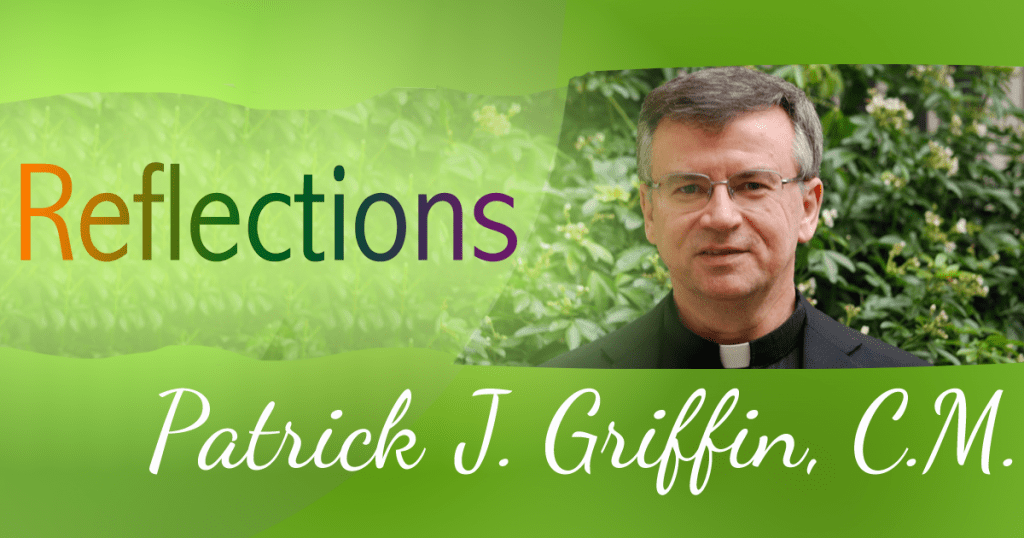If you have ever seen Fiddler on the Roof, you may remember the prayer of Tevye. He says: “Dear God, you made many, many poor people. I realize, of course, that it’s no shame to be poor. But it’s no great honor either!” Luke’s Gospel takes up that argument with Tevye as he presents the “sermon on the plain.” We hear how the poor are “blessed.”

“Blessed are you who are poor, for the kingdom of God is yours” (Lk 6:20). Poverty is not, per se, a blessing, but usually considered something to be overcome. After all, Jesus told people to give to the poor–which would be difficult to understand if poverty itself were blessed. Yet, poverty can help us acknowledge our dependence on God. When we have plenty, it’s all-too-easy to forget about the Giver of all. Yes, poverty can put needs squarely in front of us; it can point to the virtue of reliance. Voluntary poverty (can we say simplicity) is a form of detachment that enables us to devote ourselves more fully to God, without the distraction of too many possessions. When we recognize our dependence on God for everything and when we treat our possessions with a certain indifference, as divine gifts, then we seek the Lord’s help and grace in the way that God intends.
A few Gospel stories may highlight for us the blessing of the poor.
A first story is that of the widow’s mite. Remember how Jesus seats himself in the Temple of Jerusalem and how he sees a poor widow enter and place her two coins in the basket for the offering. The sight captures Jesus’ heart. He summons the disciples to witness her generosity.
“Truly I say to you that this poor widow has put in more than all; for all these out of their abundance have put in offering for God, but she out of her poverty put in all the livelihood that she had.” (Lk 21:3-4)
Thus, the generosity of the poor widow reflects her concern for the other as well as her willingness to trust on the Lord for her ongoing needs.
A second story can draw us to consider the blessedness of the poor—the woman who had suffered from a hemorrhage for twelve years. We read that:
She had suffered greatly at the hands of many doctors and had spent all that she had. Yet she was not helped but only grew worse. (Mk 5:26)
Her last hope seemed to be a simple touch of the garment of Jesus that might bring healing. Her need drove her to action. The woman, in her poverty and lowliness, had nowhere else to turn but to the Lord. She makes the effort, receives her healing, and accepts the blessing that Jesus has to offer. Her poverty led to her healing.
The Gospels contain many other stories in which Jesus responds to the physical needs of people. We can point to parables (Lazarus and the rich man, the last judgment, the Good Samaritan) and preaching (in the synagogue in Capernaum, regarding the “rich young man”) that center our attention on the poor. Some reflection draws forth the full impact of the words.
As members of the Vincentian family, we know the value that Vincent and Louise placed upon being poor and assisting the poor. Vincent reminds us that the poor have much to teach us. That blessing touches both the hearts of the poor and of each of us.





0 Comments